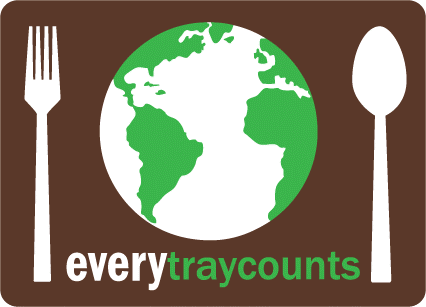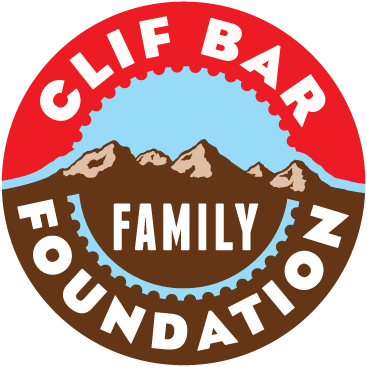Every Tray Counts (ETC) has been awarded a grant from the Clif Bar Family Foundation to help fund the development of a school lunch education “toolkit.” We will engage with groups of NC stakeholders to put together this project, and through this grant we hope to make this idea a reality. Recognizing that schools do not have on site access to a program like ETC that can guide them through lunchroom waste diversion, this toolkit will allow schools to start on their own, and show people that waste diversion and education are integrated. A toolkit like this will provide a roadmap for any group, parent, school, or community wanting to explore issues of food waste, composting, tray options, and recycling in the school lunchroom.
Tapping into expertise from schools, local government representatives, environmental groups, PTA, and other organizations, the toolkit will be specific to NC schools. Each school district or community doesn’t always have the same barriers or opportunities; a toolkit provides options. Obstacles commonly includes lack of information, lack of coordination among schools, or varying waste diversion capabilities. Opportunities include saving from trash contracts and savings from buying sustainable products in bulk. This will connect all interested schools in North Carolina to each other.
Specific Goals:
Give every school in North Carolina the correct information about its lunchroom waste as well as the possibilities in their district to improve the use of compostable products and sustainable practices.
Educate communities and schools that waste diversion and education are integrated.
Connect all resources available with all groups and schools interested in developing their own sustainable practices.
The toolkit will provide guidance and a clear presentation of options which demystifies recycling and food waste diversion into simple, clear, and concise steps that result in financial savings and the diversion of the waste stream such that 90% or more of the total school waste is diverted from the landfill. It is our opinion that every community is best equipped to assess what will work in their own area.
Develop a statewide connection between groups and agencies working in the area of environmental education, sustainability, and fiscal responsibility.
Develop and research educational curricula by grade level for schools, and make it available to all.

